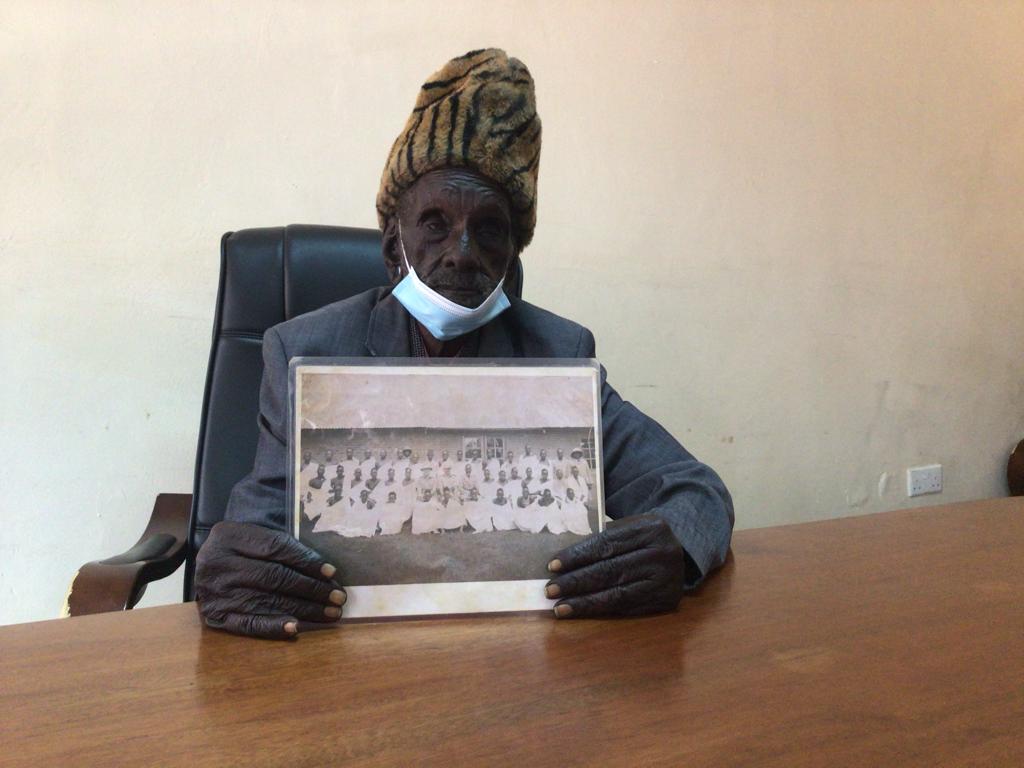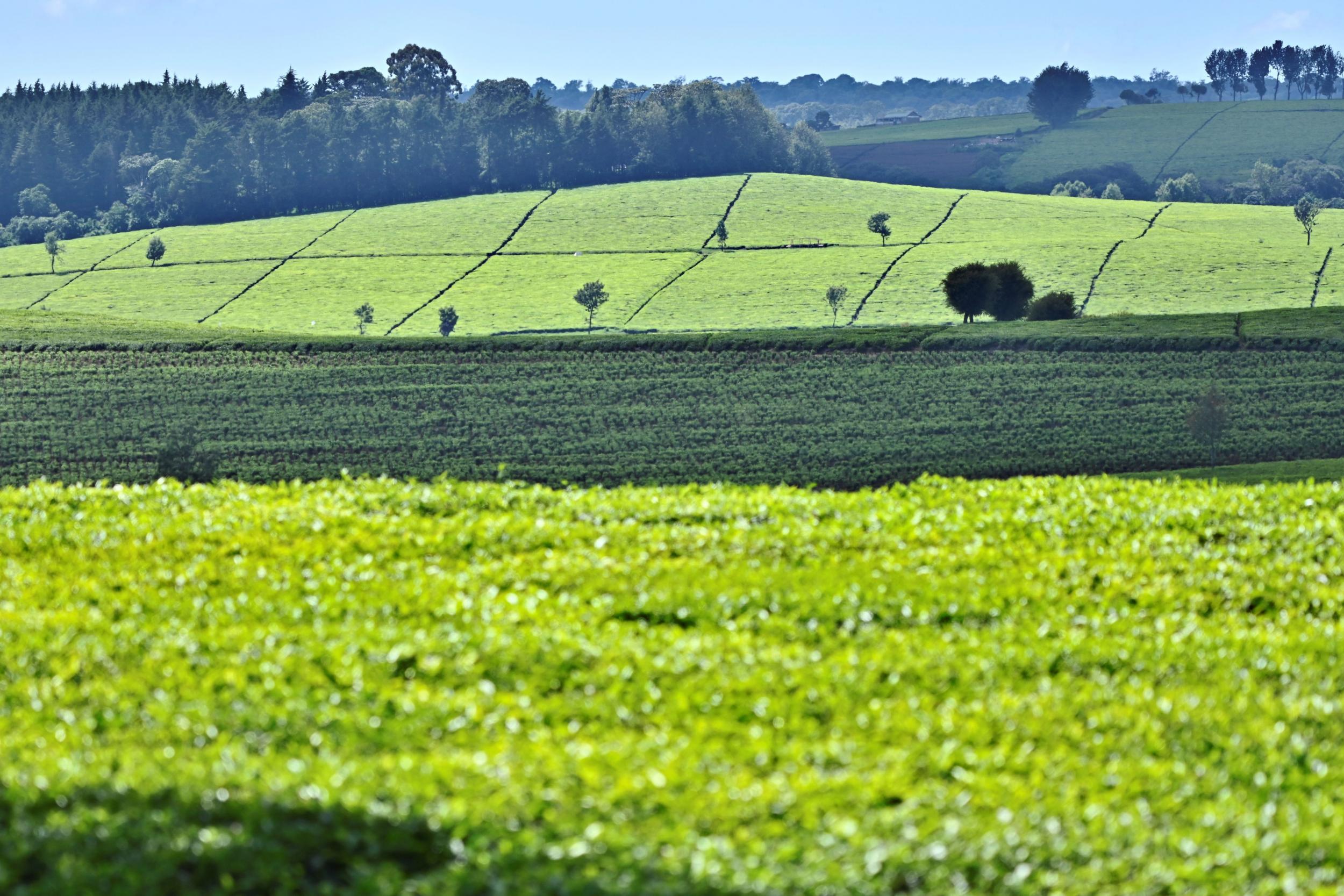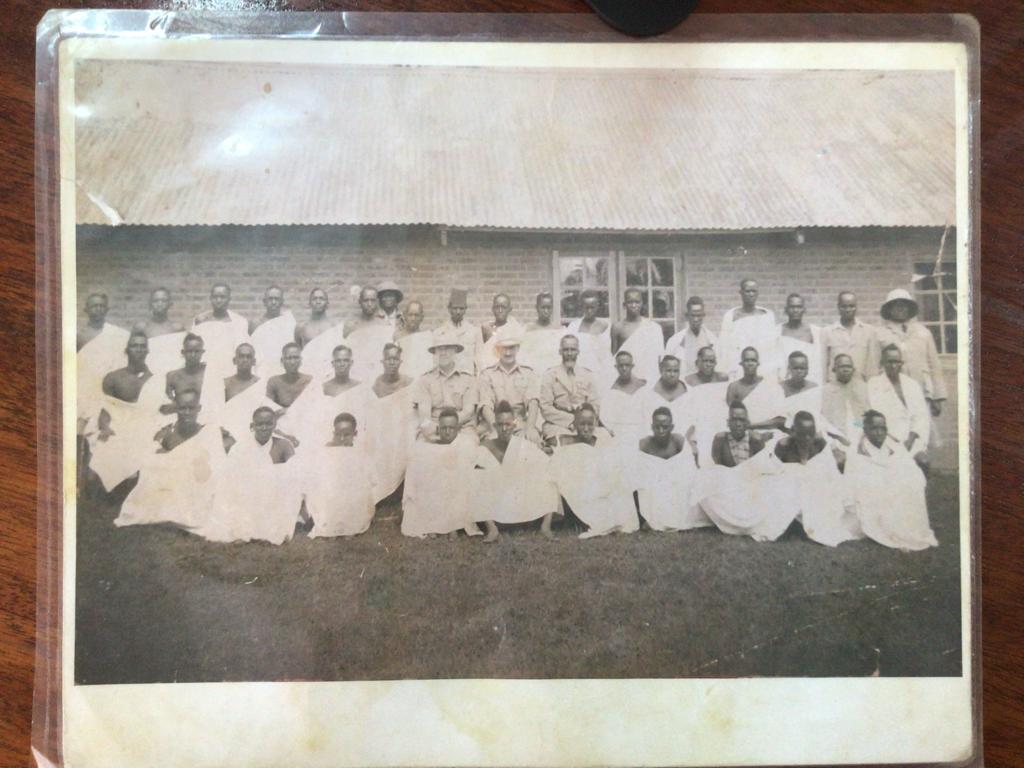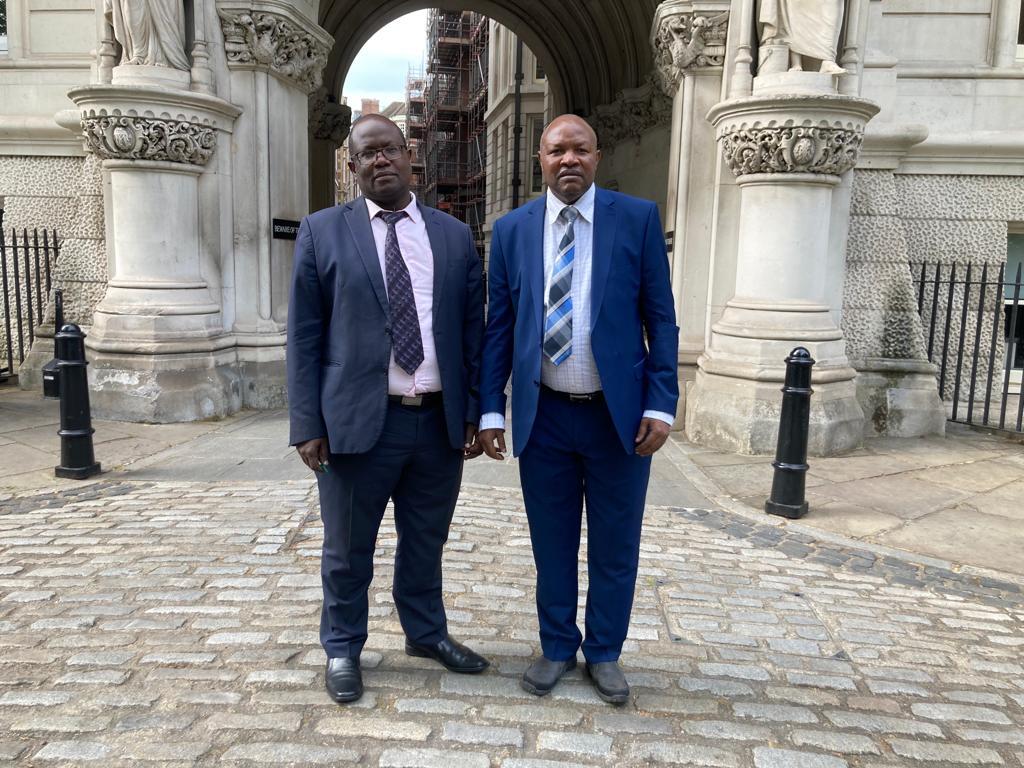‘It’s a time bomb’: Growing anger among Kenyans as Britain refuses to redress colonial landgrab
Warning that Kenyan victims of brutal evictions by British settlers could ‘take matters into their own hands’ as UK ministers refuse to apologise

When Paul Chepkwony was sworn in as governor of the Kenyan county of Kericho in 2013, he knew it meant embarking on a huge mission.
The Kipsigis and Talai peoples saw his election as an opportunity to finally right the wrongs of a brutal colonial past, which saw their clans ruthlessly evicted by the British army between 1895 and 1963 to make way for profitable tea plantations owned by settlers.
The plantations still exist today, spanning approximately 200,000 acres of land owned by well-known multinational corporations - Unilever, Williamson Tea and Finlays - which produce tea consumed by millions.
Meanwhile, hundreds of forcibly displaced victims, now elderly, and tens of thousands of their descendants live on the outskirts of their ancestral land, many of them in poverty.
They are not permitted to access their old family homes and cannot even bury loved ones on the land.

Many of the victims suffered rape, torture, beatings and humiliation at the hands of the colonial administration, as well as arbitrary displacement and violations of their right to family life and property.
Mr Chepkwony, himself a descendant of victims, came into office nine years ago determined to put up a peaceful fight for reparations from the British government for this historical injustice.
“It was a responsibility for me to take over the matter and look for lawyers to investigate. We set aside resources for this purpose. We registered victims and then the process began,” he tells The Independent.
“My father, my grandfather and my great grandfather were victims. That is the motivation that drove me, besides being governor, to seek legal redress for the matter.”
But the fight has not been easy – and nearly a decade on the battle is ongoing.
Speaking to The Independent, Dickson Sitienei, a victim who is in his seventies and is represented in the case, described the immense struggle that has underpinned their pursuit of justice.
“It has been very difficult to feel ignored for so long by the British government for the terrible things they did to us,” he said.
“We have been fighting for our voices to be heard for many years and if they think we will forget what they did, they are wrong.
“We will keep fighting for them to speak with us and we thank our lawyers for continuing this fight. We cannot feel truly free until they acknowledge what they did; this is the only way forward.”

In 2018, Mr Chepkwony and his legal team submitted the evidence they gathered to Kenya’s National Land Commission.
The commission ruled in March 2019 that the Kipsigis and Talai had been the victims of historical land injustices during the colonial period in Kenya and thereafter.
It determined the British government should pay reparations to the direct victims of the historical injustice and issue an apology.
It also concluded the UK and the multinational tea companies should construct entities in the county such as schools and hospitals, and provide services such as water and electricity to alleviate their suffering.
However, when the legal team tried to mediate with the UK Foreign, Commonwealth and Development Office (FCDO), ministers refused to take part in any discussions.
Mr Chepkwony describes this response as “a joke”, adding: “You see a lot of belligerence. It’s as if they were not interested at all.”
The next step was to appeal to the UN, which led to six of its special rapporteurs writing to the British government in May last year, demanding it to provide responses and settle the matter with the victims, many of whom are still alive.
But the UK responded two months later making it clear that it was not open to discussion or issuing an apology.
It cited a settlement with Kenyan citizens who had lived through the emergency period and the Mau Mau insurgency between 1952 and 1963, under which the UK government had agreed to construct a memorial in Nairobi recognising victims of torture and ill-treatment.
“We should never forget history and must always seek to learn from it. But we should also look to the future: our modern partnership with Kenya is broad, deep and immensely valued,” stated the response.
Mr Chepkwony was dissatisfied with this. “The Mau Mau is a totally different tribe and from a totally different geography. The facts are completely different. In our case they stole all the land,” he says.
This week, the governor came to London with the legal team in the hope of meeting with the British government. The approached the FCDO weeks before their visit requesting this.
When the reply came at the end of April, it stated: “For reasons set out in earlier correspondence, we decline your invitation to arrange a meeting between the FCDO and the lawyers and representatives for Kericho and Bomet counties.
“The UK government remains firmly committed to the promotion and protection of human rights, and to upholding our international commitments and obligations.”
Mr Chepkwony had been hopeful of arranging a meeting. “All I wanted was a chance to meet them and sit with them. How can they fear a small man like me? We are very sober and very realistic. This was going to be dialogue, pure dialogue, on what is and isn’t possible,” he says.
Bell Ribeiro-Addy, a Labour MP in and chair of the UK’s all-party parliamentary group on African reparations, whom the governor and the legal team met last week, said the government’s rejection of dialogue was “symbolic of their failure to acknowledge the damage of colonialism and the ongoing impact it is having to this day”.
She added: “If our country won’t respect black people abroad, we shouldn’t be surprised when it doesn’t respect black people at home."
After the government refused to engage, the governor and his legal team petitioned the British royal family on Wednesday on behalf of more than 100,000 citizens of Kenya, asking for an apology and reparations.
Rodney Dixon QC, a UK lawyer who is part of the legal team representing the more than 115,000 Kenyan citizens pushing for reparations, compared to UK government’s response to a “multi-car pile-up”.
“It’s the same as if there were one person is in a car accident and they settle their case, but they won’t settle the case of the person in the car just behind. They say no, we’re just doing car number one,” he said.
“You decide the people in the first car will get paid and no one else.”

Joel Kimutai Bosek, a Kenyan lawyer who is also part of the team, said the reparations the Kipsigis and Talai peoples were relatively modest.
“If we were to ask for monetary compensation we’d be asking for a lot of money, but we’ve not gone down that route,” he said.
“We’ve given the British government a very soft option of apologising and giving us a form or reparation. This is not something that is ridiculous or outrageous.”
Mr Bosek, who is also a descendant of victims, pointed out Germany recently agreed to pay Namibia compensation for a genocide at the start of the 20th century and were “not even compelled” to do so.
“Land in Kenya is a means to almost everything. Successive generations have not been able to live their lives to the fullest because of poverty. There’s a lot of hopeless,” he added.
“The anger is still there. It’s like a time bomb. Sometimes we are being asked: ‘Why don’t you allow us to invade the land?’. We say no - but for how long will that last? People feel like with every attempt to get justice they’re hitting a wall.
“When you look through history, you see examples of people trying A, B, C, D - and when nothing is working, the option is always to take matters into your own hands.”
An FCDO spokesperson said: "In 2013, the UK government recognised that Kenyans were subject to ill treatment at the hands of the colonial administration. We regret that these historic abuses took place, and that they marred Kenya’s progress towards independence.
“Promoting and protecting human rights around the world remains a cornerstone of our foreign policy."
A spokesperson for Finlays said all its land holdings in Kericho were maintained under valid leases granted by the Kenyan government and compliant with the country’s law, and that it engaged with the local communities to ensure it operates “in a responsible and sustainable way”.
The company added it had established an independent charity which works to distribute funds to the local community to provide education opportunities, clean water and other infrastructure improvements.
Unilever and Williamson Tea have been approached for comment.

Join our commenting forum
Join thought-provoking conversations, follow other Independent readers and see their replies
Comments